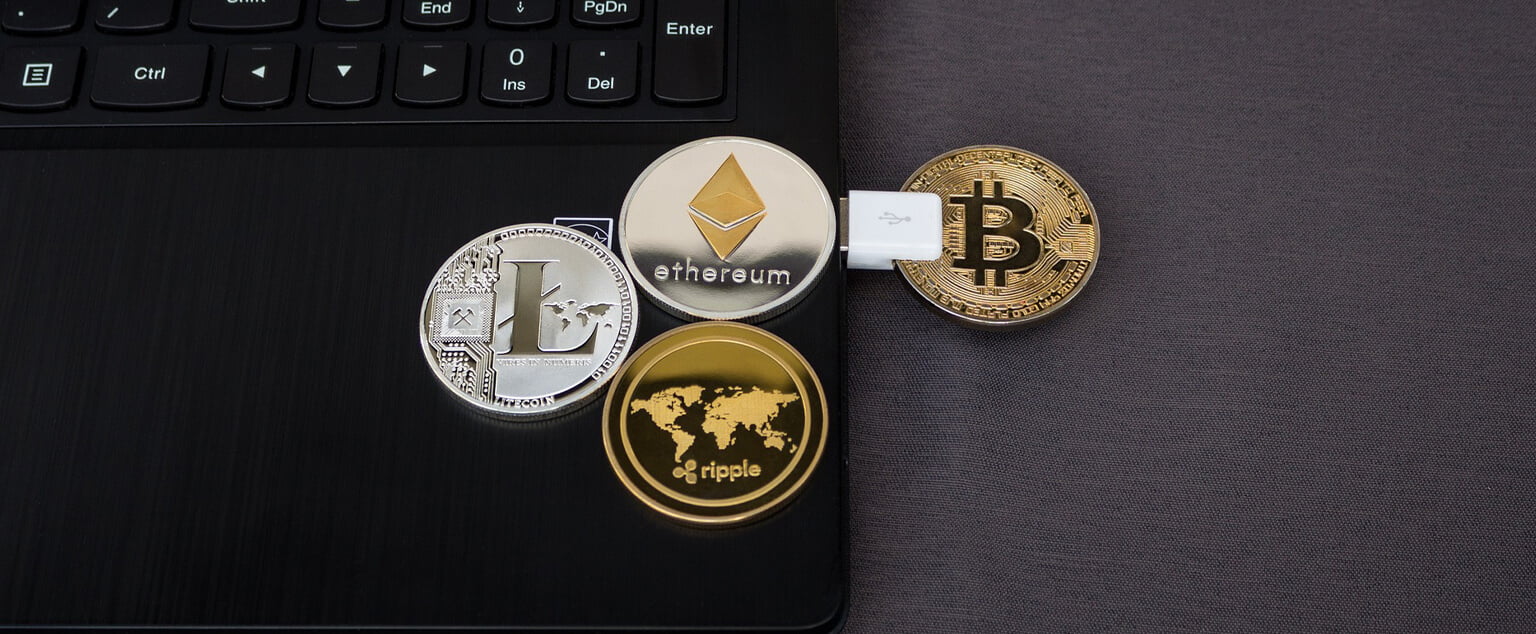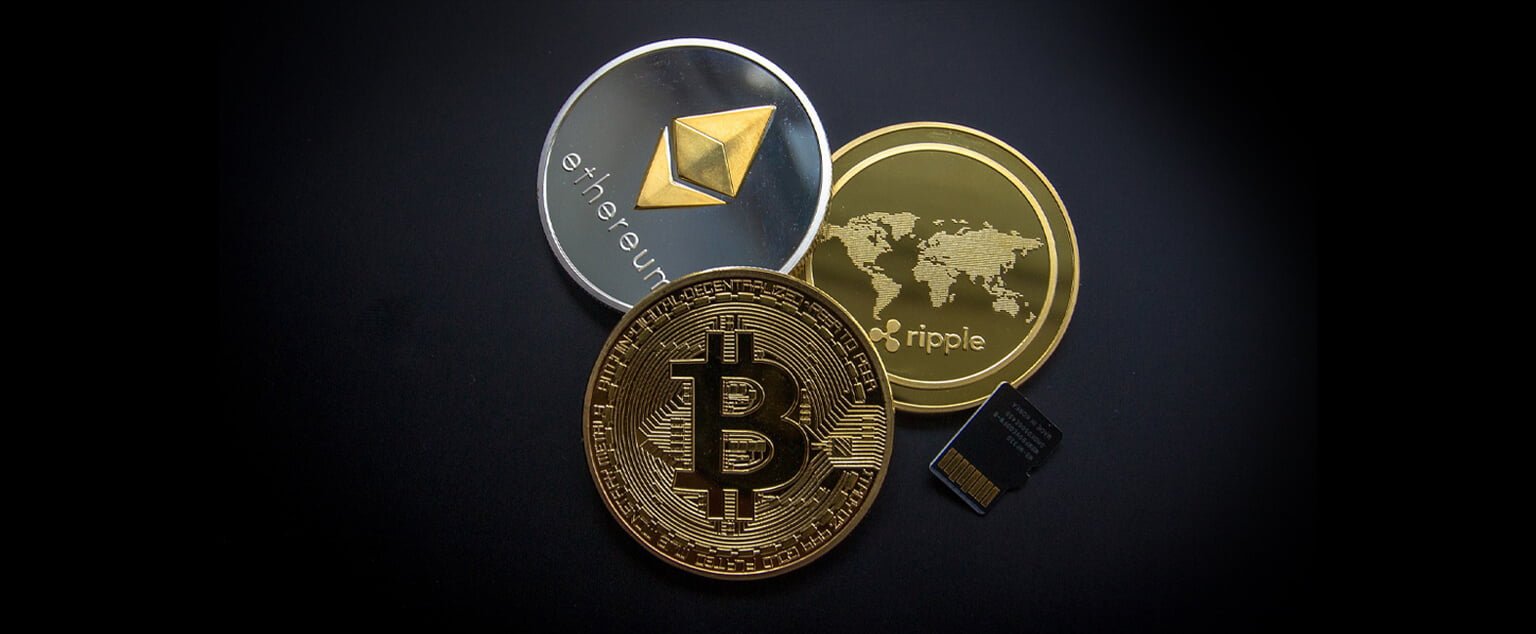Scam artists know no bounds, and this includes stealing your cryptocurrency. Swindlers use a variety of schemes to dupe victims into making fraudulent cryptocurrency investments. They even go so far as to form phony relationships on dating apps like Tinder. Headlines such as “Crypto and Romance Scams Cost Victims Billions” and “A Romance Scammer Took Her Life Savings in Crypto” are becoming common.
According to a 2022 report by the Federal Trade Commission, crypto romance scammers defrauded victims of $139 million last year (FTC). But that is only one type of scam among many.
The FTC also discovered that between January 1, 2021 and March 31, 2022, over 46,000 consumers reported losing more than $1 billion in cryptocurrency. And that may only be the tip of the iceberg; there are likely more victims who did not report their incidents.
According to Aaron Cohn, a partner at Weinberg Wheeler Hudgins Gunn & Dial, a law firm focused on financial fraud, his practice has seen a significant increase in victims seeking assistance with hacked cryptocurrency accounts.
What are cryptocurrency scams?
Crypto scams are similar to other types of financial scams, except that the scammers are after your crypto assets rather than your money.
Many of the same tactics used in other financial crimes are used by crypto scammers, such as pump-and-dump schemes that lure investors into purchasing an asset with false claims about its value or outright attempts to steal digital assets.
According to Shane Cummings, wealth advisor and director of technology and cybersecurity at Halbert Hargrove, the latter type of scam could involve breaking into a person’s crypto wallet or convincing an investor to send a digital asset as payment for a fraudulent transaction.
The goal is always to trick victims into disclosing personal information or transferring valuable digital assets to the perpetrator’s account, such as non-fungible tokens (NFTs).
Types of cryptocurrency scams
Cryptocurrency scams can take many different forms. Here are a few examples of the most common.
- Investment scams: Scams involving investment involve a bad actor enticing people to send their cryptocurrency to the fraudster with promises of “huge gains.”
- Phishing scams: Scammers love phishing scams. Fraudsters want your account information, including your crypto keys. As any crypto user is aware, whoever controls the key controls all of the crypto.
- Upgrade scams: Cryptocurrency platforms are simply a type of software that is constantly updated. Scammers can easily trick crypto holders into giving up their private keys as part of an “upgrade” because many have grown accustomed to upgrades in the digital age.
- SIM-Swap scams: SIM-swap scams are among the more recent crypto scams. They occur when a scammer obtains a duplicate of your SIM card and gains access to all of your phone’s data.
- Fake crypto exchanges and crypto wallets: You will come across sites that advertise cheap Bitcoin (BTC) if you browse your social media handles. They may advertise cryptocurrencies at 5% off market value and promise huge savings if you buy through the site—but these platforms are sometimes fraudulent crypto products. These bogus crypto products frequently advertise exorbitant returns on investment, and users are frequently required to pay a high initial fee before being asked to invest more and more.
How to report cryptocurrency scams?
“Because many of the perpetrators of crypto scams are located outside of the United States, our law enforcement institutions can only do so much,” Cummings explains. However, you must still report any crimes. You can report cryptocurrency scams to the following organizations:
- Federal Trade Commission
- Securities and Exchange Commission (SEC)
- Commodity Futures Trading Commission (CFTC)
- Internet Crime Complaint Center (IC3)
How to avoid cryptocurrency scams?
Prudence is essential given the increased risks associated with digital assets. Follow these guidelines to avoid cryptocurrency scams:
- Check before you click
- Look for HTTPS
- Use reputable companies
- Don’t respond to unsolicited contact
- Keep accounts separate
- Place a hold immediately







